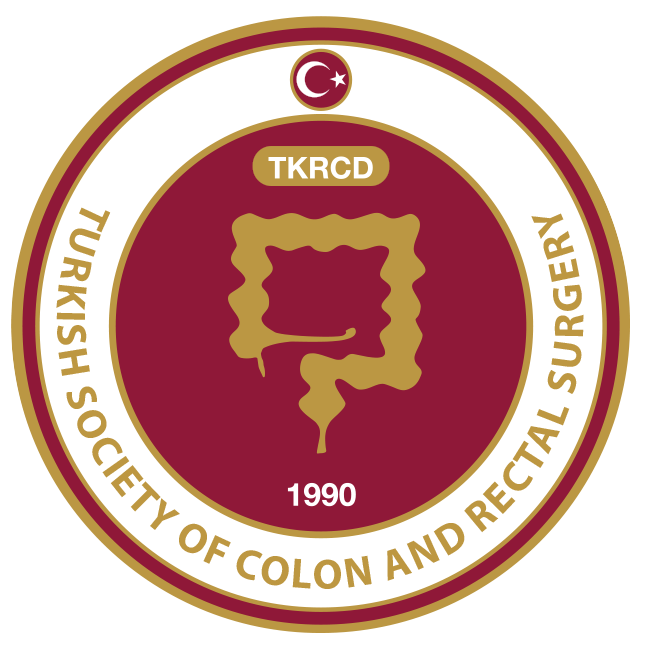Dear Editor,
Although proctologic disorders are common, some patients delay seeking medical attention for anorectal symptoms due to embarrassment, cultural taboos, privacy concerns, or fear of invasive examinations. This hesitation, while understandable, can lead to worsening disease, more invasive interventions, and an increased psychological burden.1, 2
Shame and silence around anorectal complaints often hinder timely diagnosis and care. Patients -especially women, younger individuals, and those from conservative backgrounds- may delay enlisting help because they fear judgment or a loss of dignity. Many initially turn to online sources or herbal remedies, which can result in misdiagnosis or missed opportunities for early intervention. Clinician behavior plays a crucial role in shaping this dynamic. A rushed or emotionally distant approach may reinforce a patient’s reluctance, whereas clear explanations, respectful language, and open-ended questions help build trust and encourage the disclosure of sensitive symptoms. Practical gestures, such as maintaining privacy or proposing the attendance of a chaperone, can provide additional reassurance. These subtle yet meaningful actions often influence whether a patient engages in care or continues to suffer in silence.3-6
Delays are not without consequence. Anal fissures may become chronic, and pilonidal disease can evolve from a simple condition into a complex one or, in rare cases, undergo malignant transformation over time. Rectal bleeding, an early potential sign of colorectal cancer, may be misattributed to benign conditions and therefore overlooked.5, 7, 8 These missed opportunities carry implications not only for individual outcomes but also for public health and resource allocation. Particularly in young adults, increasing rates of early-onset colorectal cancer highlight the importance of timely evaluation of anorectal symptoms.9
Efforts to improve communication should be incorporated into clinical training. Educational initiatives that develop emotional intelligence, empathy, and cultural awareness are essential.10 These skills not only improve patient satisfaction but also contribute to early diagnosis, better compliance, and reduced healthcare costs over time. Embedding such competencies within surgical and outpatient settings could have measurable benefits across multiple domains of care.
A supportive healthcare environment is also key. Patients benefit from knowing their concerns are common and will be taken seriously. Normalizing these conversations helps reduce stigma and encourages early disclosure. Providing accessible, non-judgmental information through clinics or public health campaigns may further support early engagement with care services.
Ultimately, improving outcomes in proctologic care requires more than procedural skill. Clinicians must recognize the psychosocial factors that influence care-seeking behaviors. By fostering open communication and building trust, it becomes possible to detect conditions earlier, intervene more effectively, and minimize unnecessary suffering. Recognizing shame and silence as clinical challenges allows for a more humane and patient-centered approach to care. To support this shift, we recommend that proctology departments incorporate structured communication skills training into residency and continuing education programs, with an emphasis on empathy, privacy, and stigma reduction.



